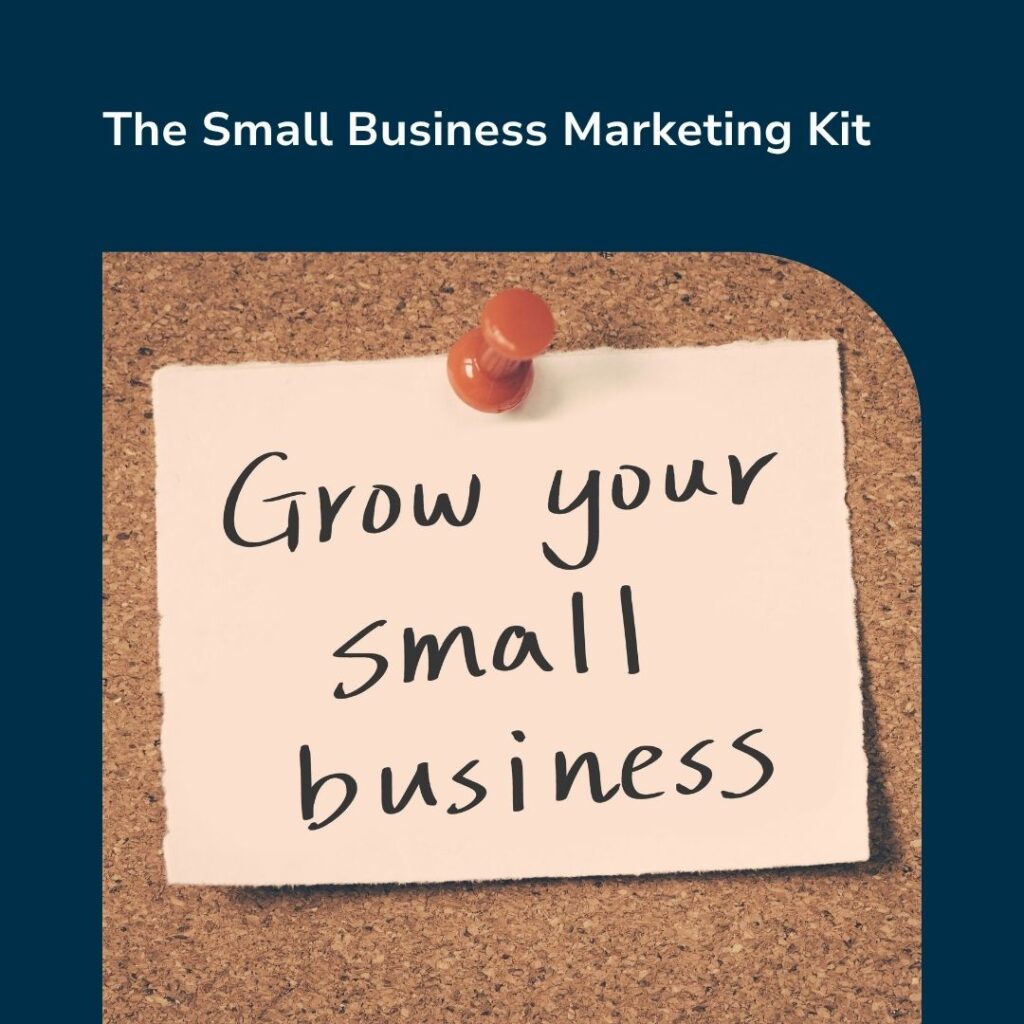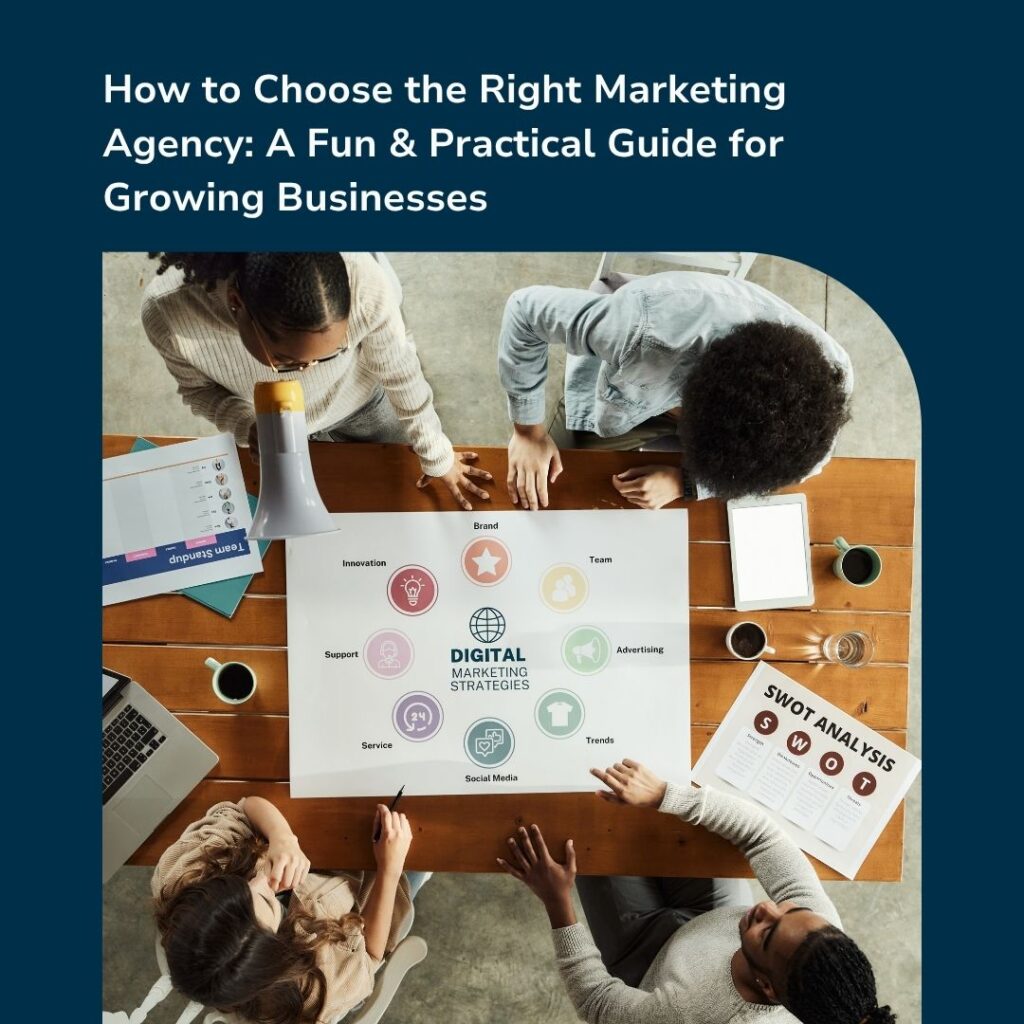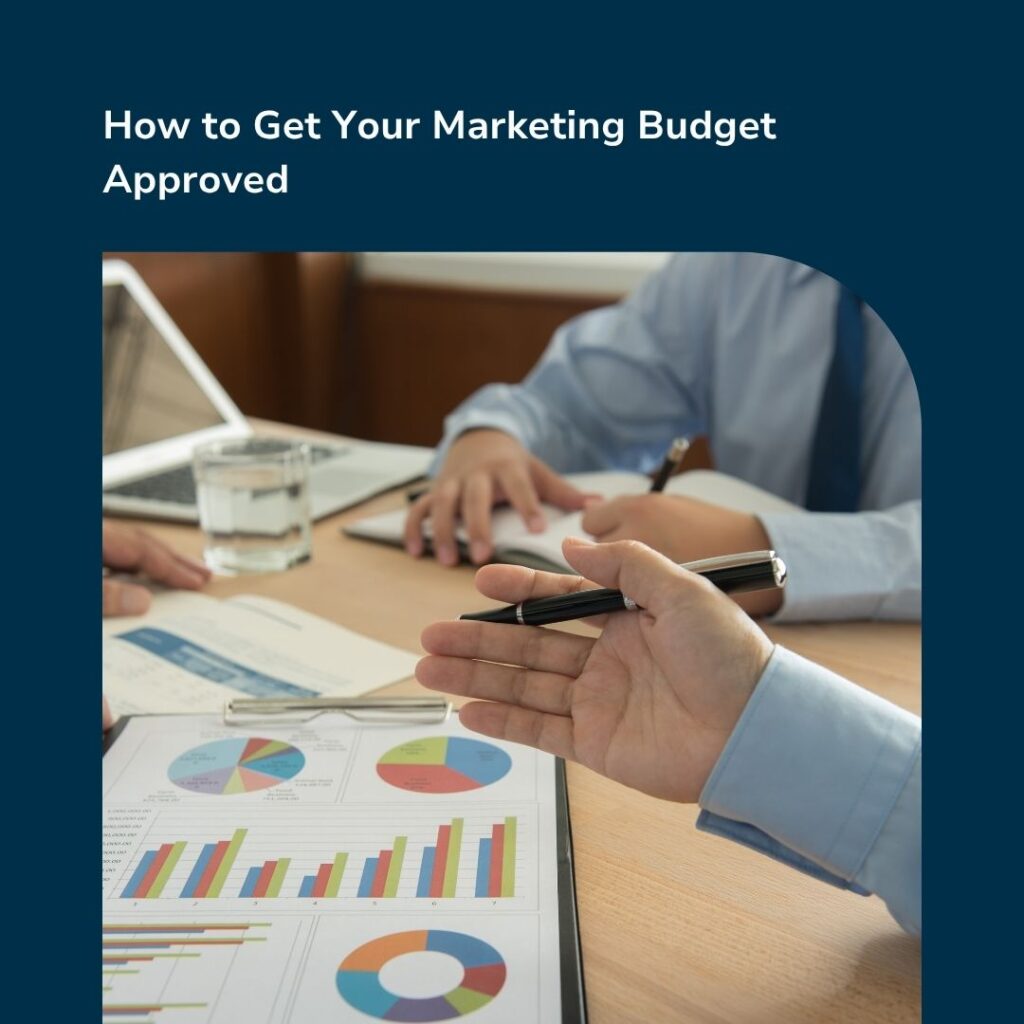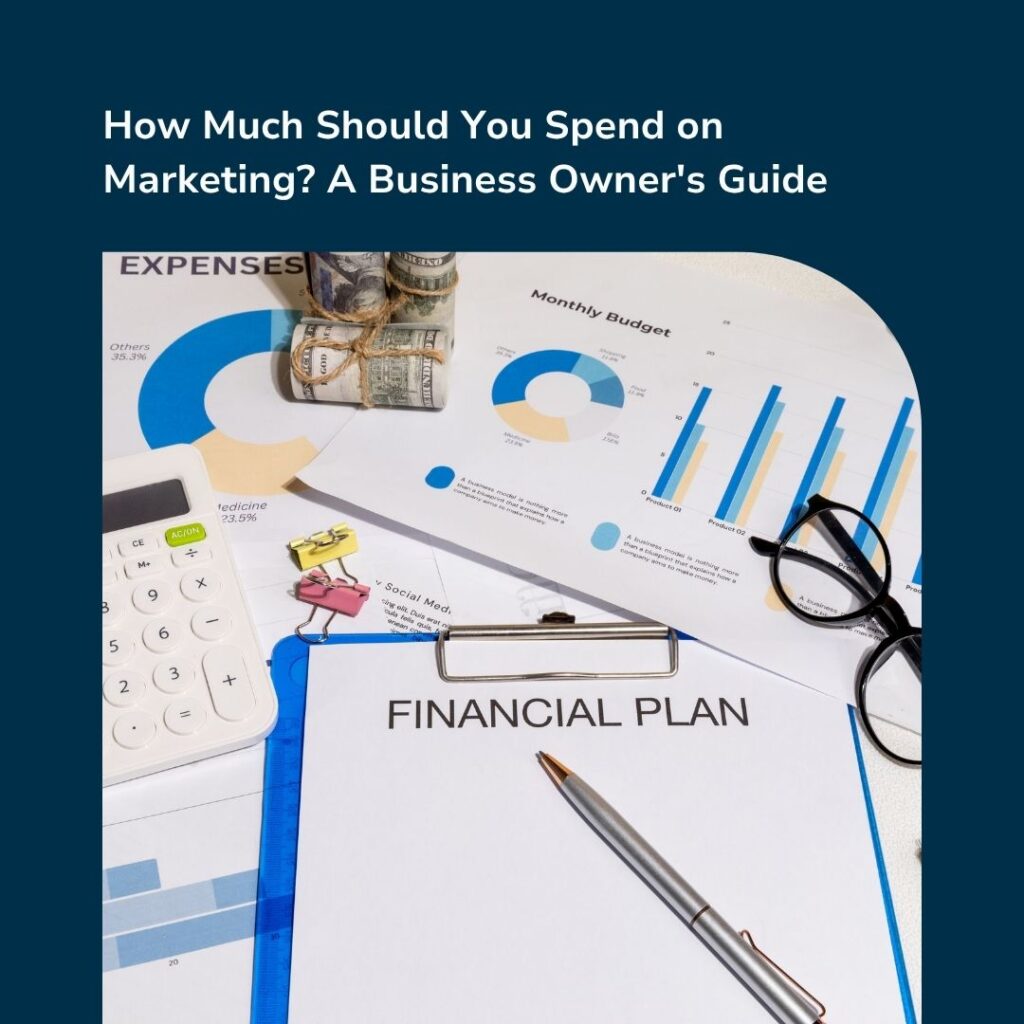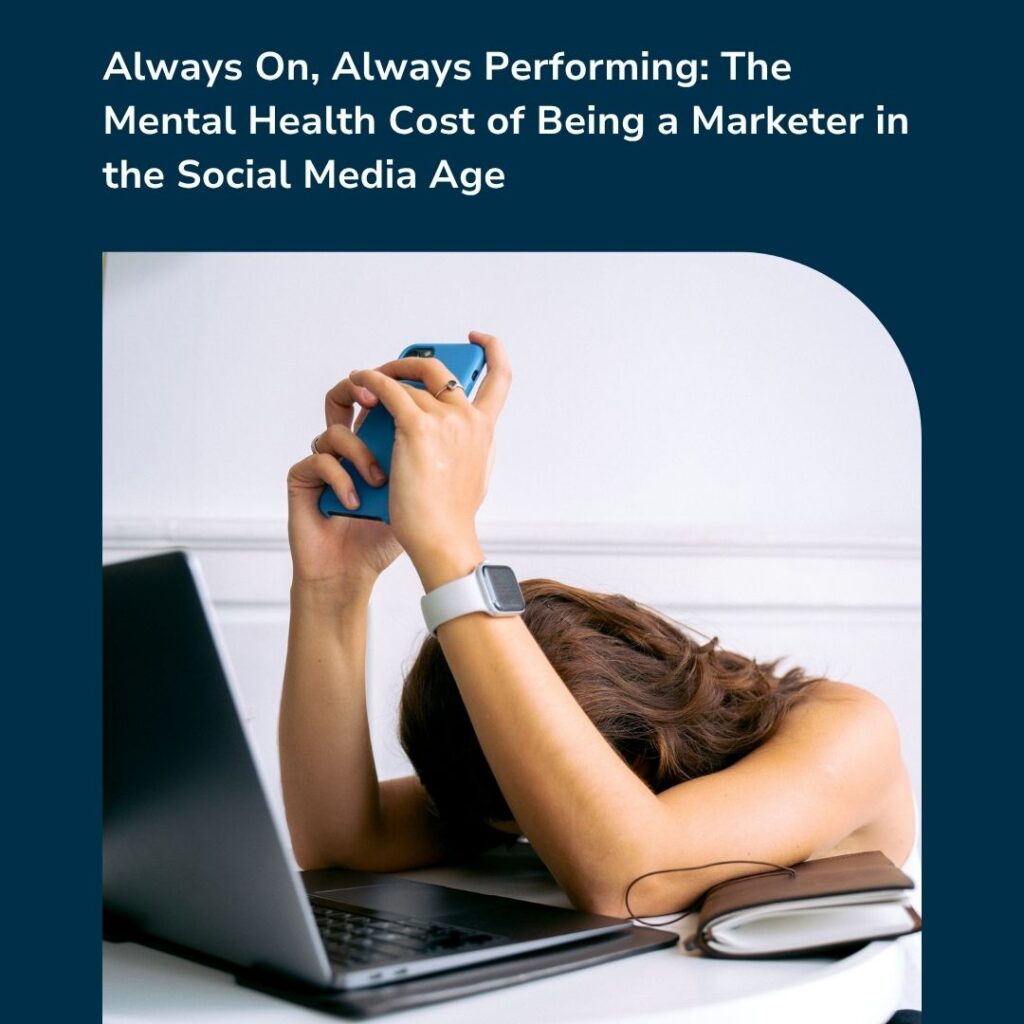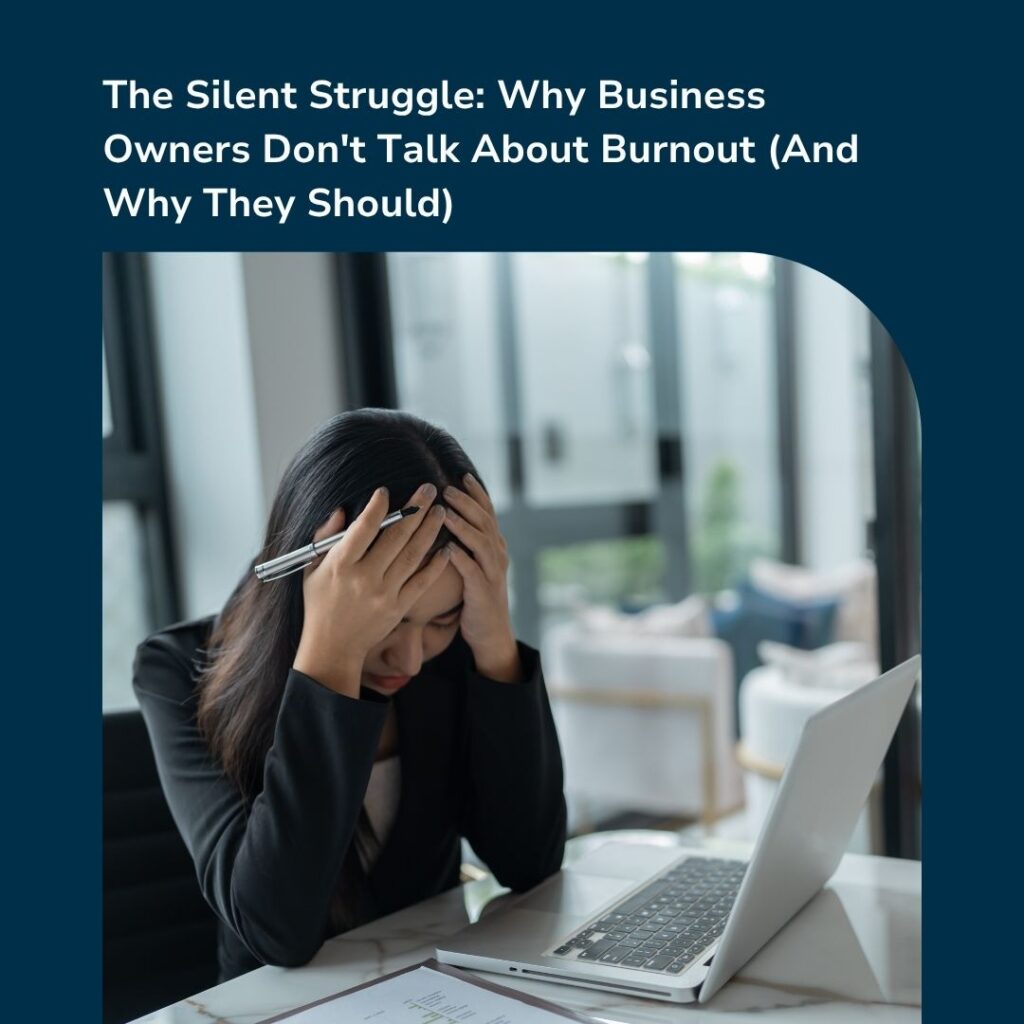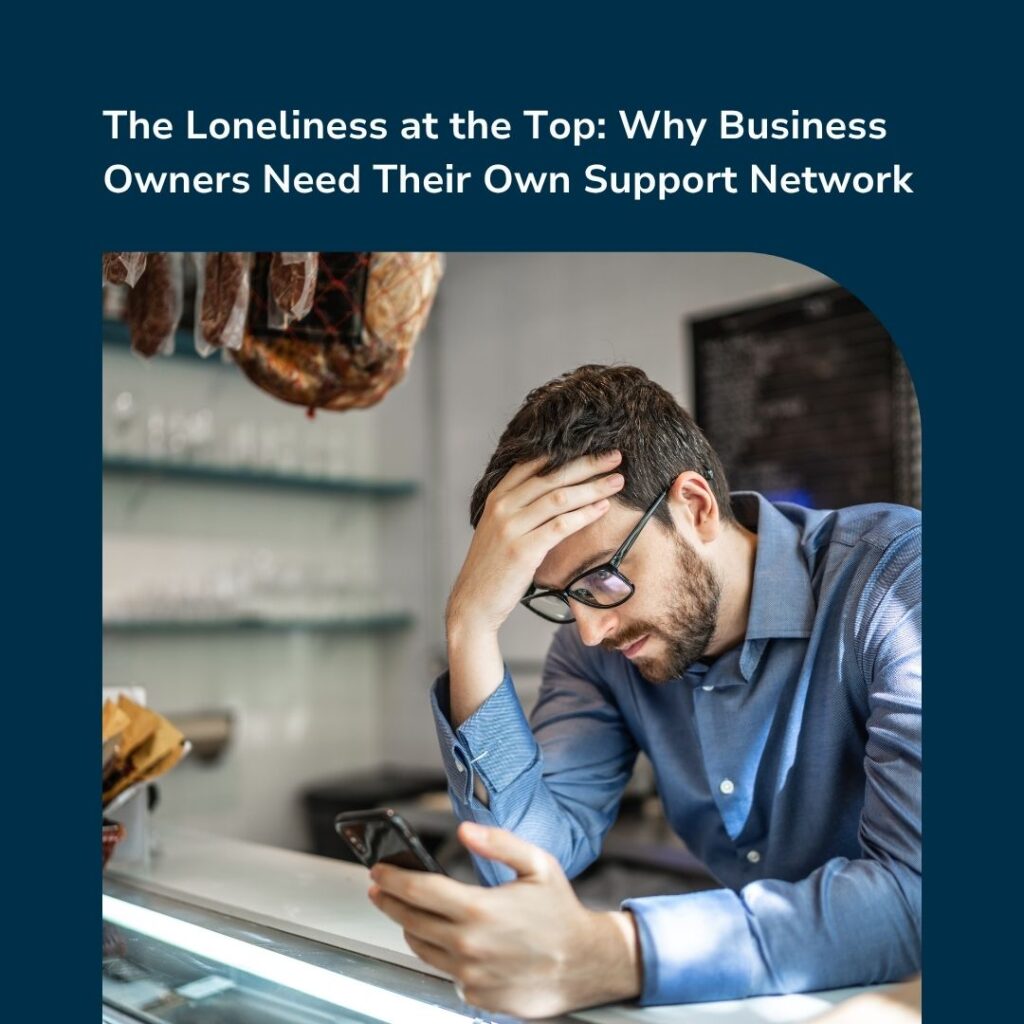Tags – Toxic Positivity on LinkedIn
LinkedIn can be a great place to find opportunities and make connections, but it can also be a breeding ground for toxicity.
Unfortunately, there are people out there who try to take advantage of others or make them feel bad about themselves.
This is known as “toxic positivity“.
In this blog post, we will discuss what toxic positivity is and how to spot and avoid it on LinkedIn.
What is Toxic Positivity?
As a simple definition, toxic positivity is an obsession with optimistic thinking; it’s believing that people should put a positive spin on all experiences, even those that are profoundly tragic.
Sometimes, toxic positivity is a type of behaviour that involves trying to make others feel bad about themselves in order to make oneself look better.
It can take many different forms, such as making someone feel inferior, putting them down, or constantly criticising them.
For example, toxic positivity could like:
- Telling a parent whose child has passed away to be happy that at least they can have children
- Telling people after something catastrophic that “everything happens for a reason”
- Pushing someone to focus on the positive aspects of a devastating loss
- Telling people to get over their grief or suffering by looking at the good things in their life
- Brushing off someone’s concerns with “it could be worse”
How to Spot Toxic Positivity on LinkedIn
Toxic positivity often occurs online, but increasingly so on LinkedIn in particular.
Due to the nature of LinkedIn, users have now fostered a relentless “can-do, will-do” attitude of the contemporary working environment.
As we mentioned earlier, toxic positivity occurs when people believe that we need to be optimistic in every situation.
And as a social platform that is naturally plugged into work and corporate culture, LinkedIn is a breeding ground for toxic positivity.
Today, project managers congratulate team members on performance for others to aspire to, other users are putting themselves out there seeking new opportunities by celebrating accomplishments and talents.
With so much emphasis on positivity, there simply is no room for negativity.
Consequently, this has led people to believe that any hint towards negative feelings are enough to tarnish our reputation within our circle or industry, in the same manner that simply stating ‘no’ at work may brand us as uncooperative and inflexible.
As a result, we end up in a situation where you can only react positively otherwise you could harm your status or relationship with others.
For a lot of individuals, LinkedIn may be a rather real source of worry, affecting how we perceive and assess our self-image and position in the world, and can set off many triggers that relate to self-doubt.
For instance:
- Comparison with peers and respected figures within the industry, age group or social circle
- Self realisation
- Fulfilment of goals
- Self evaluation of performance, status and identity
How to Avoid Toxic Positivity on LinkedIn
You may not know it, but you could be practising toxic positivity without realising. Here are a few ways to avoid toxic positivity:

Don’t Minimise Feelings
If someone opens up about their negative emotion, the worst thing you could do is disregard their feelings.
This includes, making statements like, “it could have been worse”, “it’s not that bad” or “don’t be a drama queen”.
Instead, be empathetic by responding with “I can’t imagine how you must feel”, “you’re dealing with a lot” or “that must be frustrating”.
Be Authentic
Give yourself and others permission to feel all feelings, even “bad” ones, in order to work through them and let them go when the time is right.
If we don’t act with honesty, it impairs our ability to form social relationships and destroys trust in us.
Remember, Everything is Constructed on Social Media
Social media is not a true reflection of reality, so if you’re having a tough time, don’t become addicted to social media and keep in mind that, more often than not, it reflects a false reality of perpetual happiness and perfection.
Don’t Compare Yourself to Others
We all have had different life experiences that have moulded us and make us handle things differently.
And your response is not incorrect if your friend responds to something in a manner that differs from yours.
There are individuals who are naturally happier than others, and there are those who have had negative experiences that have conditioned them to focus on the bad things more than the pleasant things.
Remember: we experience feelings in different ways.
The Summary
Toxic positivity encourages people to ignore difficult emotions, which could make these feel more intense later.
Positive thinking has advantages, but no one can think positively all of the time.
And someone who is being forced to express solely good feelings may be unable to communicate and, as a result, might feel bad about themselves for having negative thoughts.
Get in touch today to find out more.
In the meantime, take a look at our LinkedIn Lead Generation service here.
You may also like:

